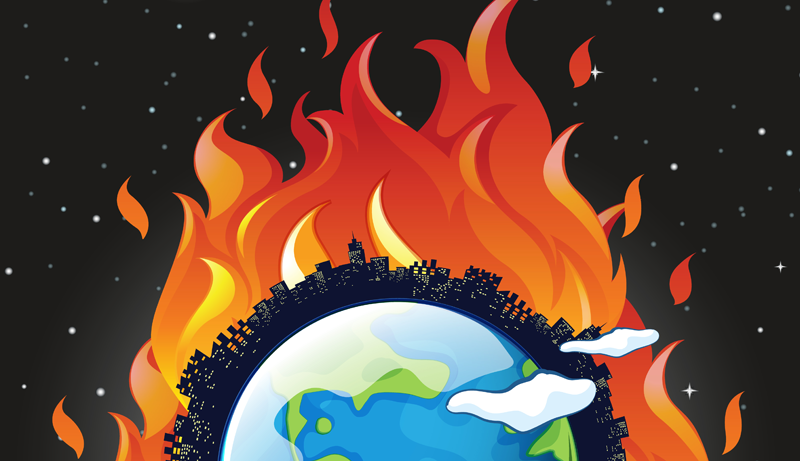How does global warming affect us?
Climate change leads to more extreme weather.
Heatwaves are fast becoming the new norm. And we’re likely to see more intense tropical cyclones.
Levels of planet-warming greenhouse gases have rocketed in the past 100 years. This is largely due to humans burning coal, oil and gas, and cutting down forests.
If we don’t stop doing these things, the planet will continue to heat up. Each degree of warming will bring more extreme weather.
What causes drought?
Prolonged periods of low rainfall can lead to drought, though other factors are often involved. Scorching hot weather causes more water to evaporate into thin air, and climate change is leading to more intense heatwaves that are drying out crops and landscapes.
Cutting down forests also contributes to drought. This is because trees increase rainfall. Large-scale deforestation reduces rainfall in some areas by up to 30%.
In 2022, extreme and unusual weather has triggered droughts in Europe. Meteorologists have said this could be the continent’s worst in more than 500 years.
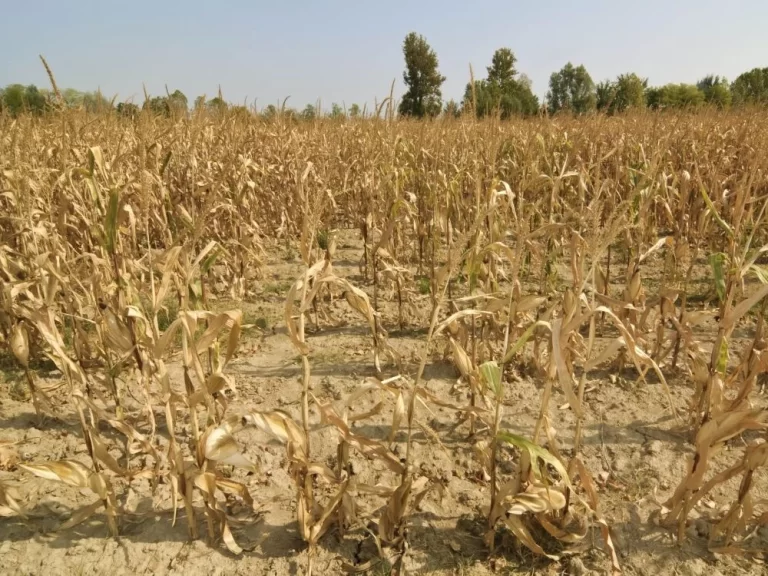

Who is affected by drought?
Droughts are among the most expensive weather-related disasters in the world. They affect plants, animals and people in unimaginable ways…
Evidence suggests that a severe drought was one of the catalysts for the desperation and unrest that descended into the Syrian civil war. And that human-caused climate change has made such droughts in the region more than twice as likely.
Drought also leads to locust plagues. In 2020 one of the largest swarms on record covered 2,400 sq km in Kenya.
The 2018 heatwave scorched land and emptied reservoirs in the UK. It led to hosepipe bans, dying crops and farmers struggling to feed livestock. But it doesn’t compare to drought in places like southern India where it’s got so bad that some farmers have taken their own lives.
What is a heatwave?
A heatwave is a long period of unusually hot weather and humidity. It can lead to widespread drought and increase the risk of wildfires.
Heatwaves harm crops and wildlife and are deadly to humans. Air stagnates so pollution sticks around in the environment instead of being replaced with fresh air.
Climate change may have made the 2019 heatwave at least three times as likely to happen.
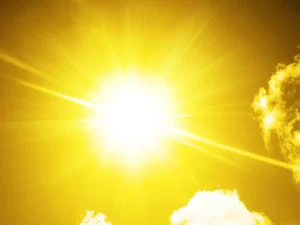
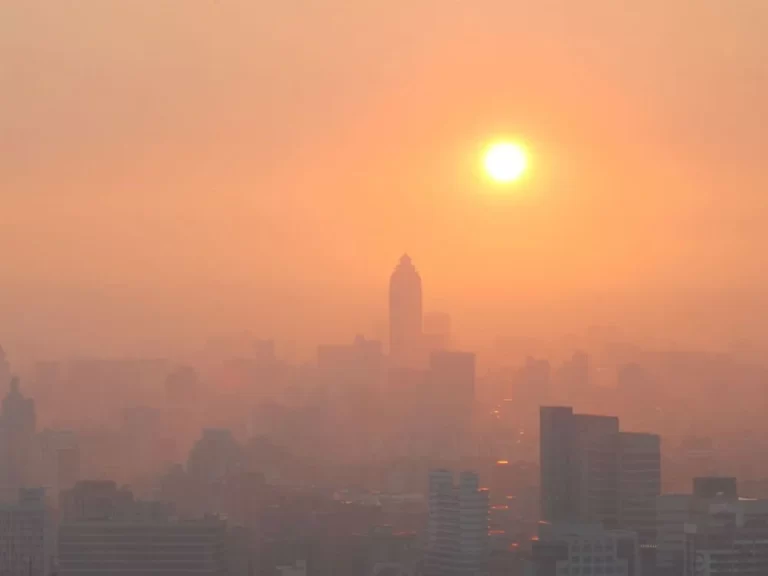
What are the effects of heatwaves?
Extreme heat and high levels of air pollution are dangerous. People with heart conditions, asthma and severe allergies are most at risk.
Almost 900 extra deaths were recorded during the summer 2019 heatwave conditions in England, many of which were linked to high temperatures and preventable.
Heat-related deaths could become a summer norm, with 7,000 people a year set to lose their lives by 2050. It’s another good reason to demand urgent climate action from our government.
Frequency and causes of wildfires
Fires broke out across Europe during the 2018 heatwave, from Sweden to Portugal to Greece. Australia saw unprecedented fires in 2019-20, and even the Arctic had more than one hundred long-lived and intense fires in summer 2019.
Hot weather increases the danger of wildfires, whether they’ve been started deliberately or not. When forests remain drier for longer it creates the conditions for wildfires to ignite and spread.
Climate change is driving up temperatures – increasing the danger wildfires pose around the Mediterranean. And scientists expect wildfires around the world to burn more land as temperatures continue to rise.
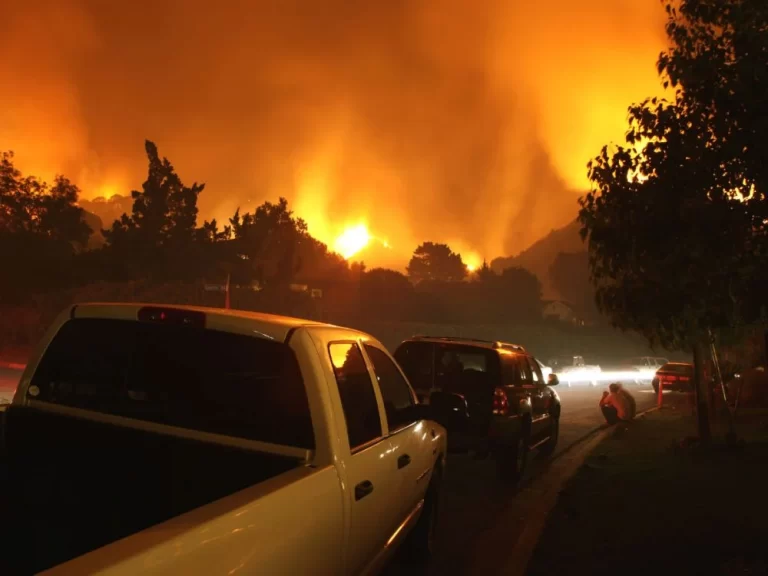
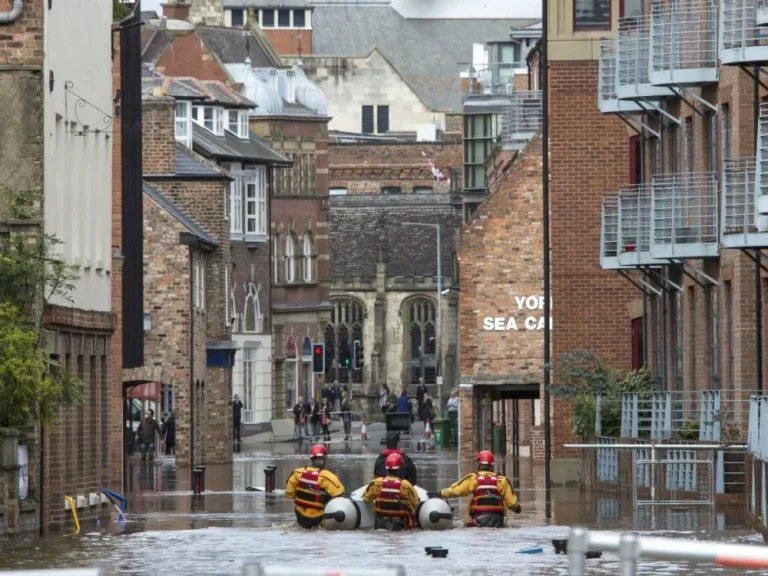
Greater risk of flooding
Global warming in our region means more downpours of rain, snow, hail or sleet, or as the scientists say “the frequency and intensity of heavy precipitation events in North America and Europe has likely increased”.
Climate change will make flooding in the UK worse, and it’s already a huge problem. Over the past decade, severe flooding and record-breaking rainfall have inflicted misery across the nation.
And the UK Environment Agency has warned that we’re going to get more intense bouts of flooding.
More destructive hurricanes and typhoons
These fierce storms produce violent winds (74 miles per hour or more), dangerous waves, torrential rain and flooding.
Hurricanes and typhoons are the same thing. They’re both tropical cyclones that form over warm ocean waters near the equator.
Human-caused global warming is raising sea levels and ocean temperatures. These conditions are likely to create more intense tropical cyclones – carrying higher wind speeds and more rain.


